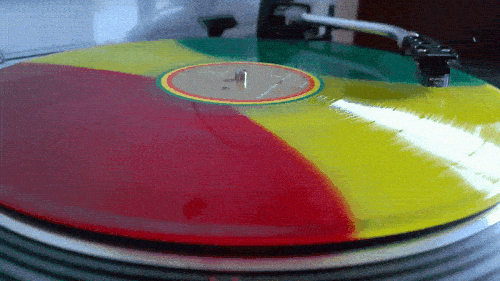
Studying music seems like an easy process when you’re on the outside looking in. It seems like the kind of a course where students spend hours on end jamming to their favorite music and playing instruments. And to some people, it’s all fun and games most of the time. But any music student will tell you that the course can be as tricky as any other, especially when it comes to assignments.
Most students who decide to pursue music find it challenging to complete music essays for several reasons ranging from the difficulty of the assignments, time-constraints, and lack of knowledge on how to approach these assignments. However, with the right approach, you should have an easy time drafting an impressive paper every time you’re required to do. The following tips will help.
Dissect and Understand the Piece
Music isn’t very different from other courses. Take statistics, for instance. If you have a statistics assignment, you’ll take the time to understand the task at hand before seeking statistics homework help or before you attempt to solve the problem.
It’s the same with music. Before you begin working on the essay, you must understand the music you’ve been asked to analyze. Find out:
- How the song makes you feel
- What the lyrics mean
- What message the songs seek to pass across
- How the rhythm changes
- The uniqueness of the instrumentals etc.
This information allows you to familiarize yourself with the music before you can answer the questions asked. So make sure you listen without distractions before proceeding to the next step.
Get Technical
Once you have an idea of the music and you’ve taken time to listen, the next step is to analyze the technical parts of the song. In this step, you need to find out who composed the song, when it was written, the genre, style, and duration of the song. These details set the foundation of your paper and allow you to build upon it.
Go Back to Your Assignment Question
When you’re certain, you have enough information about the piece of music assigned, go back to the assignment question, and find out what the professor needs you to do. Does he/she need an analysis, an essay, or a research paper?
The answer to this question will let you know what kind of paper is required and how to approach it. For instance, if your professor needs a research paper, you’ll immediately know that your paper needs to be backed by a lot of research from reliable sources to support your stand on the subject matter.
Research

Rely on reputable sources of information such as Google Scholar to gather information for your paper. However, don’t restrict yourself to online sources only if you have access to rich sources of academic information such as school online libraries.
And when you’re conducting your research, remember to cite and list your references in your work as well. This is a requirement in every academic paper. It shows that you not only understand how to use other people’s research in your work but also shows that you took the time to find out more about your topic before writing it.
Put Your Ideas on a Paper
Once you’re satisfied with the information you’ve gathered, and you’re certain you have enough to write a compelling paper, the next thing you need to do is to write your paper. Make sure you follow the right format depending on the type of assignment you’re writing.
Proofread
Don’t be too quick to submit your paper when you’re done writing. Take some time to go through it, making sure to correct grammar and any mistakes you come across. Also, go through your references and citations and ensure you’ve provided factual information in your essay. At this point, it may also help to have someone else read your paper. This way, they’ll be able to highlight any mistakes that you may have missed when proofreading the paper.
As you can see, writing a music paper doesn’t have to be challenging. All you need to do is to understand the piece of music, dissect it, research, and combine your ideas to write a phenomenal paper. However, if you want to write an incredible paper every single time, it also helps to start working on your assignment as soon as you get it. The longer you have to gather information, the more likely you are to write an impressive paper.



























